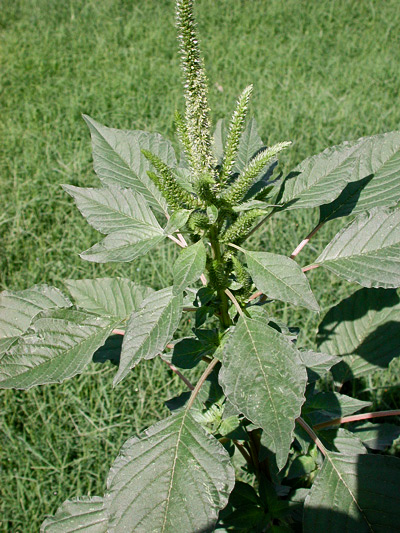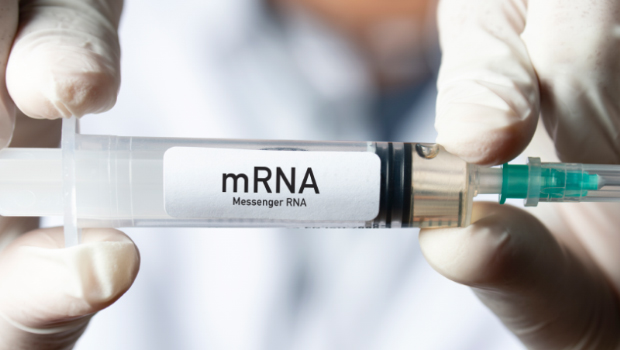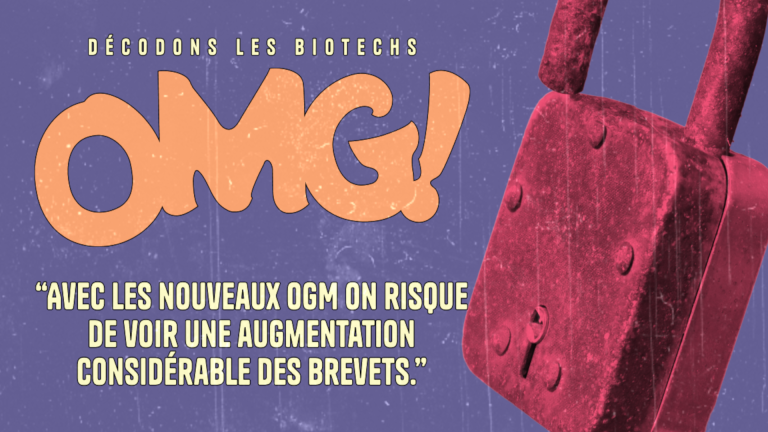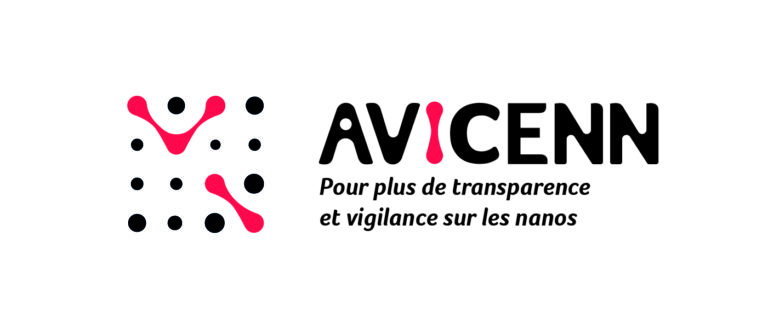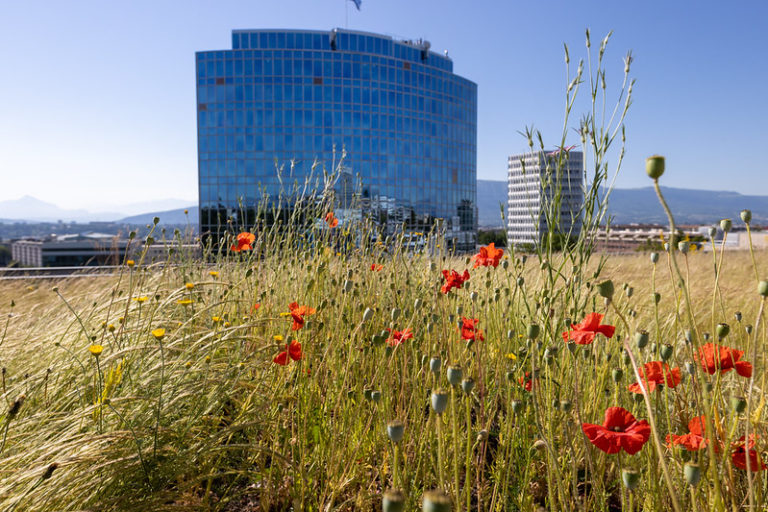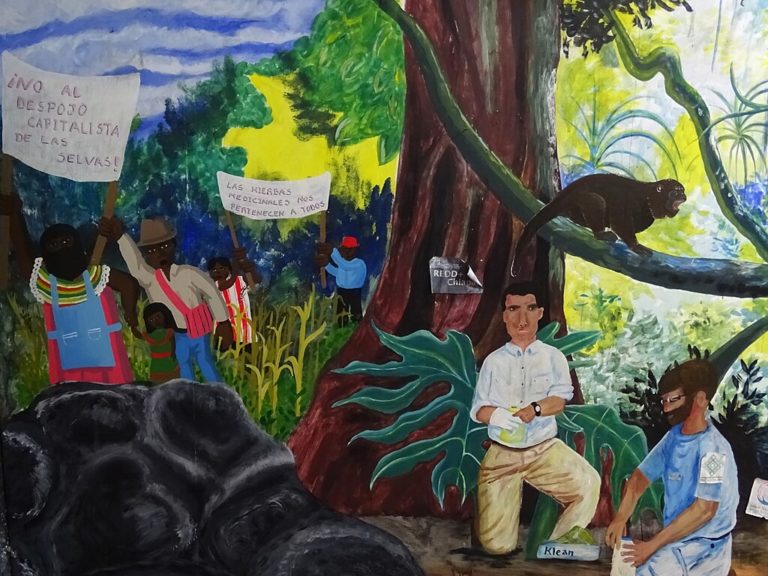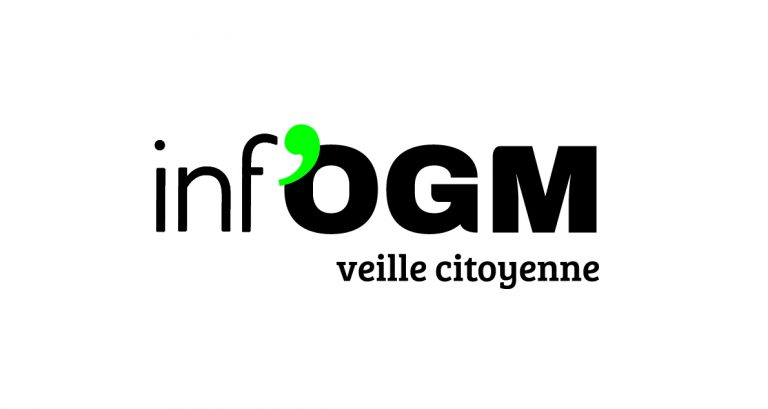Actualités
Veille juridique Inf’OGM du 11 au 25 avril 2022
FRANCE
• Sénat
Compte-rendu de la Mission d’information Fond marins
Le 12 avril 2022, la Mission d’information Fond marins du Sénat a auditionné M. Thierry Pineau, conseiller en charge de la recherche agronomique, de l’environnement et du développement durable au cabinet de Mme Frédérique Vidal, ministre de l’enseignement supérieur, de la recherche et de l’innovation, et M. Didier Marquer, chargé de mission Géoressources, et Mme Lise Fechner, chef de département à la Direction générale de la recherche et de l’innovation (DGRI).
Extrait du compte-rendu :
« M. Teva Rohfritsch, rapporteur. – Nous avons contacté les principaux laboratoires pour évoquer les potentialités biomédicales des grands fonds marins et force est de constater que, si le tissu industriel semble se préparer sur le minéral, on ne sent pas de mobilisation particulière des firmes pharmaceutiques. Imaginez-vous un plan d’action particulier en ce domaine ? Nous manquons d’interlocuteurs.
M. Thierry Pineau. – Je comprends que vous ayez des difficultés à trouver des interlocuteurs, car les laboratoires pharmaceutiques sont confrontés à des contraintes très fortes. Il leur faudrait certainement un amorçage par la recherche publique, car les espèces considérées sont difficiles à entretenir dans un environnement aérobie. Seuls deux grands laboratoires internationaux se sont fait une spécialité des bactéries anaérobies et du fonctionnement de leurs protéines. C’est un défi que de les cultiver. Cependant, il n’est pas impossible de connaître les potentialités biologiques des protéines de ces bactéries en passant par l’analyse de leur génome. Des programmes portent sur ce domaine, en considérant la colonne d’eau à différentes altitudes. C’est une approche bien plus aisée.
Une option pourrait être de motiver une réflexion sur le sujet dans le cadre d’un prochain conseil stratégique des industries de santé. En effet, les industriels considèrent ce type de recherche comme très en amont. Actuellement, leur sourcing d’innovations, c’est le rachat de start-ups qui ont fait leurs preuves.
M. Michel Canévet, président. – Il est clair que beaucoup reste à faire pour exploiter le potentiel des biotechnologies marines ».
UNION EUROPÉENNE
• Commission européenne
Système d’alerte rapide pour les denrées alimentaires : OGM non autorisé détecté
Le 20 avril, la Belgique a notifié, via le système d’alerte rapide pour les denrées alimentaires, la présence d’un OGM non autorisé présent dans des additifs alimentaires.
Le produit, 6-fytase – 4a16, a été retiré du marché.
Lien : https://webgate.ec.europa.eu/rasff-window/screen/notification/544086
• Parlement européen
Rapport sur le plan d’action de l’UE pour l’agriculture biologique
Le 25 mars 2021, la Commission européenne a publié le plan d’action de l’UE pour le développement de la production biologique, annoncé dans la stratégie » De la ferme à la table » et dans la stratégie en faveur de la biodiversité. Dans ce plan, la Commission a fixé un objectif pour la part de la surface agricole de l’UE à consacrer à l’agriculture biologique et prévoit une augmentation significative de l’aquaculture biologique d’ici 2030. Ces stratégies font partie du » Pacte Vert » européen, le programme politique de la Commission pour une Europe durable et neutre sur le plan climatique d’ici 2050. La commission Agriculture et développement durable du Parlement européen a décidé d’élaborer un rapport d’initiative sur ce plan d’action.
Le rapport sera présenté en séance plénière le 2 mai prochain.
Extrait du rapport :
« Highlights, in this context, the role that scientific innovations in plant breeding can play, in particular in improving the resistance of varieties, in fostering the diversity of genetic resources and in strengthening food production systems, while recalling that the use of genetically modified (GMO) seeds is not permitted in organic agriculture »
Lien : https://www.europarl.europa.eu/doceo/document/A-9-2022-0126_EN.html
Nouvelle question parlementaire : approche européenne de l’organisation des avis scientifiques dans le secteur agricole
Question E-001383/2022 de Tom Vandenkendelaere (PPE) :
« Research institutions in the European Union carry out excellent work. In the agricultural sector, among others, the large body of research, in some cases pioneering, is crucial to attaining the objectives of the Green Deal and the “ farm to fork ” strategy. In several institutions there is, however, a feeling that everyone is working in isolation, without any possibility of joint organisation within the European Union as “ science ”. In certain other sectors, such as food safety or chemical substances, this is far more emphatically the case. To further improve the sustainability of the agricultural sector and promote innovation in this sector in particular, there is a need for greater harmonisation and organised coordination by the European Union to ensure that science is able to organise itself, so that it can have a greater impact on policy.
1. Does the European Commission share the view that scientific research in the agricultural sector too often still takes place in isolation and on an ad hoc basis, without clear European organisation and coordination ?
2. What practical options does the Commission see for further streamlining scientific advice in the agricultural sector and for a joint approach at European level ?
3. What is the Commission’s position on the establishment of a European committee on agricultural research ? »
Lien : https://www.europarl.europa.eu/doceo/document/E-9-2022-001383_EN.html
Nouvelle question parlementaire : sécurité alimentaire de l’Union européenne et Pacte Vert
Question E-001354/2022 de Jérôme Rivière (NI) :
« La guerre en Ukraine entraîne une grande incertitude quant à la sécurité alimentaire européenne, notamment en ce qui concerne les céréales, en grande partie fournies par la Russie et par l’Ukraine.
Plus largement, même si des exceptions sont prévues dans l’application du Pacte Vert pour l’Europe afin d’en minimiser les conséquences, l’Union européenne est loin de l’autonomie alimentaire. Selon une étude de la Commission (1), l’application du pacte vert réduirait de 15 % les productions de céréales et d’oléagineux.
La Commission entend-elle abandonner les objectifs déraisonnables du Pacte Vert afin de sécuriser l’alimentation des peuples des nations européennes ? »
Lien : https://www.europarl.europa.eu/doceo/document/E-9-2022-001354_FR.html
Nouvelle question parlementaire : réglementation des technologies génomiques
Question E-001360/2022 de Michaela Šojdrová (PPE) :
« The current wording of Directive 2018/350 on the environmental risk assessment of GMOs seems to represent an obstacle to the introduction of innovations in the field of genomic technologies. The 2022 Commission Work Programme does not include any developments in this matter. Any future amendment of this legislation should also take into account scientific studies and the views of the expert community, in particular on the use of CRISPR-Cas9 technology.
In light of the foregoing :
1. Why is the Commission not following the scientific facts and not planning changes to legislation that are based on expert studies and that will significantly help to ensure the EU’s food sovereignty ?
2. How does the Commission intend to address the fact that products such as genetically modified soya and rapeseed are being imported into the EU when such modified plants are not allowed to be grown in the EU ? Does the Commission not consider this discriminatory against European farmers ? »
Lien : https://www.europarl.europa.eu/doceo/document/E-9-2022-001360_EN.html
Nouvelle question parlementaire : exclure les produits de fermentation microbienne contenant des résidus d’ADNr OGM de la législation sur les OGM
Question E-001419/2022 de Tom Vandenkendelaere (PPE) :
« The European Commission currently takes the view that fermentation products obtained through the use of GMOs, such as certain microbial proteins, are covered by Regulation (EC) No 1829/2003 on genetically modified food and feed if rDNA from the genetically modified organism is still present in the fermentation product. This classification applies regardless of the quantity of rDNA traces. Prof. Dederer (1) argues that this goes against the “ travaux préparatoires ” and the scope of application of the GMOs Regulation. Microbial fermentation products such as food or animal feed obtained through fermentation using GMOs should be excluded from the Regulation, since the products are not produced from GMOs, but with or using them. The rDNA traces are therefore not ingredients, but residues. Any associated health risks are therefore tackled through specific legislation on, among other things, food additives, feed additives or novel foods.
1. Does the Commission share the interpretation that microbial fermentation products containing recombinant DNA (rDNA) from the genetically modified production organism are not, in fact, subject to legislation on GMOs ?
2. What steps is the Commission taking to support the development and production of microbial proteins ? »
(1) Prof. Hans-Georg Dederer, « rDNA Traces in Fermentation Products Using Genetically Modified Microorganisms (GMMs) », StoffR 3/2021 (Vol. 18), 2021.
Lien : https://www.europarl.europa.eu/doceo/document/E-9-2022-001419_EN.html
INTERNATIONAL
• Office européen des brevets
Communiqué du 11 avril 2022
Texte du communiqué :
« The Select Committee of the European Patent Organisation held its 26th meeting in Munich as an e-meeting on 23 March 2022 under its Chairperson Mr Jérôme DEBRULLE (BE).
At the beginning of the meeting, the Committee observed a minute of silence as a sign of solidarity with the Ukrainian people.
The Committee noted the report by the Chair of the UPC Administrative Committee, Mr Alexander RAMSAY, as well as an update on the entry into force of the Unitary Patent (UP) from the head of the delegation from France, which holds the presidency of the Council of the European Union for the first half of 2022. Both reports confirm that taking into account the entry into force on the 19th of January 2022 of the Protocol on provisional application of the UPC Agreement and the state of play of the implementation of the UPC Agreement, it can reasonably be expected that the Unitary Patent Protection reform will enter into application in the course of the second semester 2022.
In this context, the Select Committee dealt with several topics which still need to be addressed before the entry into application of the Unitary Patent Protection.
The Committee approved the amendments to the Rules relating to Unitary Patent Protection regarding the Register for unitary patent protection in relation with the identification of the place of business – Rule 16 UPR.
The Committee then noted the financial simulations for the Unitary Patent Package (UPP), giving an update on the key underlying statistics and penetration rates. Meeting in closed session, the Committee also noted the UPP financial simulations with regard to the updated results per participating Member State.
The Committee was subsequently presented with the updated results of the questionnaire on national measures to accompany UP implementation. It welcomed the Office’s intention to make this information publicly available online, giving users easy access to national legislation accompanying the implementation of the UP.
It noted a report by the Office on top-up search with regard to earlier national rights in view of the UP, along with a report on the recent communication workshop and planned delivery of information material on the UPP.
Finally, the Committee noted that its next meeting would take place in June 2022 on the margins of the Council’s 171st meeting. »
• Traité international sur les ressources phytogénétiques pour l’alimentation et l’agriculture
Annonce de la tenue de la neuvième session de l’Organe directeur du Traité
La neuvième session de l’Organe directeur se tiendra à New Delhi (Inde), du 19 au 24 septembre 2022, et sera précédée de consultations préalables aux niveaux régional et interrégional, les 17 et 18 septembre 2022.
Lien : https://www.fao.org/3/cb9887fr/cb9887fr.pdf
AILLEURS DANS LE MONDE
• Royaume-Uni
Publication des « directives techniques sur l’utilisation des technologies génétiques (telles que l’édition de gènes) pour la production de » plantes supérieures qualifiées » pour les essais de recherche »
Le 11 avril 2022, le gouvernement britannique a publié les « directives techniques sur l’utilisation des technologies génétiques (telles que l’édition de gènes) pour la production de » plantes supérieures qualifiées » pour les essais de recherche ».
Ces directives font suite à la loi du 14 mars 2022 qui prévoit des règles allégées pour les essais en champ en Angleterre pour les OGM issus des nouvelles techniques de modification génétique, appelés « qualifying higher plant » [1]. Selon le Gouvernement, ces « plantes supérieures » sont des OGM mais elles ne seraient génétiquement modifiées « que pour apporter des modifications qui auraient pu se produire naturellement ou qui auraient pu être obtenues par des méthodes de sélection conventionnelles ».
Lors de l’adoption de la loi, aucun critère permettant de déterminer si une modification génétique aurait pu se produire naturellement ou par des méthodes de sélection conventionnelles n’était défini par le Gouvernement. C’est désormais chose faite.
Parmi les techniques susceptibles de donner des « qualifying higher plants » bénéficiant de règles plus souples, on trouve les SDN1, SDN2 et SDN3 « lorsque tous les transgènes tels que les marqueurs sélectionnables et les gènes vecteurs ont été supprimés ».
[1] , « Essais en champ des OGM non transgéniques version Brexit », Inf’OGM, 16 mars 2022





